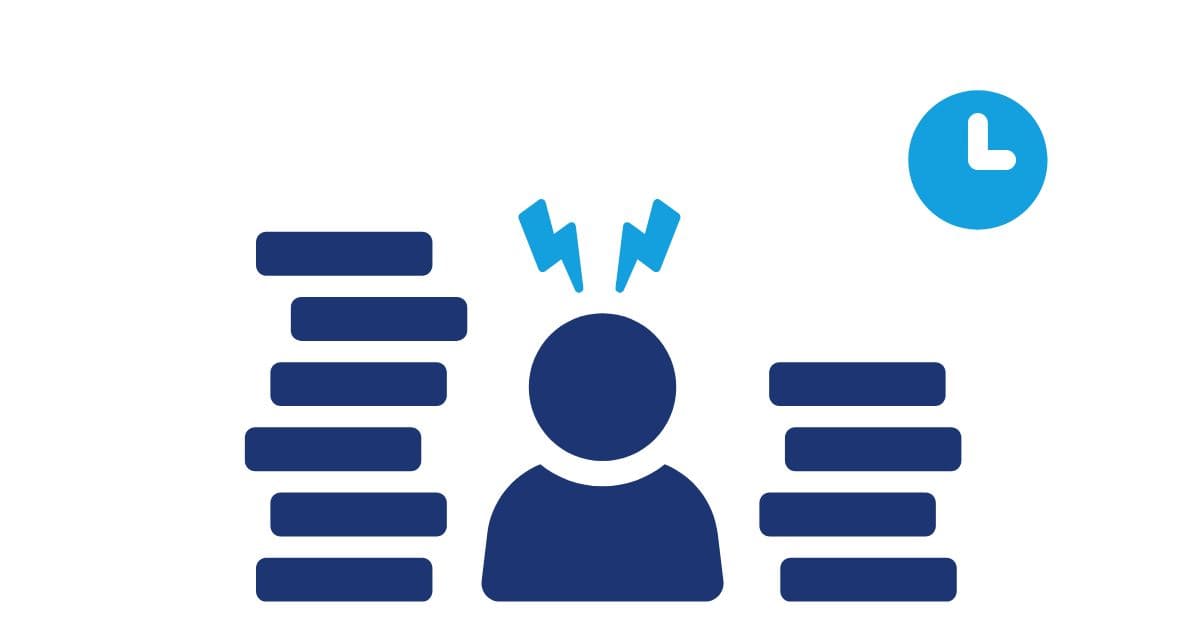MMH Men’s Mental Health does not provide direct mental health support. We do not offer crisis intervention, therapy, counselling, or medical advice. Instead, we provide information and signposting to external services that may be able to help.

Work-related stress
Feeling stuck and unable to cope? You are not alone—help is available.
Need to talk?
Samaritans are here to listen, 24/7, 365 days a year. You can call them for free on 116 123 or visit www.samaritans.org
Prefer to Text?
Shout is a free, confidential, 24/7 text messaging support service for anyone who is struggling to cope.
If you feel in danger please call 999 or go directly to emergency services.
Stressed at Work? It’s Not “Just a Part of the Job”
Work can be demanding, exhausting, and overwhelming—but constant stress isn’t just part of the job. Tight deadlines, long hours, and job insecurity can take a toll on mental health, physical well-being, and personal relationships.
📌 For many men, societal pressure to “push through” stress without talking about it only makes things worse.
If work stress is affecting your sleep, mood, or motivation, recognizing the causes and symptoms can help you manage it more effectively.
What is Work-Related Stress?
Work-related stress occurs when job demands exceed your ability to cope, leading to mental, emotional, and physical exhaustion.
✅ It can impact:
✔ Mental health – Increasing anxiety, frustration, and burnout.
✔ Physical health – Causing headaches, fatigue, and muscle tension.
✔ Work performance – Making it harder to focus, meet deadlines, and stay motivated.
✔ Personal life – Affecting relationships, social life, and overall well-being.
📌 Bottling up stress can worsen symptoms—recognizing the signs early can help prevent burnout.
What Causes Work-Related Stress?
Several factors can increase workplace stress, especially for men who feel pressure to “stay strong” or be the provider.
🔹 Heavy Workload & Tight Deadlines – Feeling constantly under pressure to meet high demands.
🔹 Lack of Control – Limited autonomy over tasks, schedules, or decision-making.
🔹 Poor Work-Life Balance – Struggling to disconnect from work, leading to burnout.
🔹 Toxic Workplace Culture – Dealing with micromanagement, a difficult boss, or unsupportive colleagues.
🔹 Job Insecurity & Financial Worries – Fear of redundancy, industry changes, or pay cuts creating anxiety.
📌 Men often feel pressure to “handle it alone,” but work stress is not something you have to manage by yourself.
What Are the Symptoms of Work Stress?
Work stress doesn’t just stay at work—it affects mental health, physical health, and relationships. Common symptoms include:
🟠 Physical Symptoms
Chronic fatigue & exhaustion – Feeling drained even after rest.
Muscle tension & headaches – Stress can cause physical pain and discomfort.
Sleep disturbances – Struggling with insomnia or excessive sleep.
🟠 Emotional & Behavioral Symptoms
Irritability & Mood Swings – Increased frustration, anger, or emotional outbursts.
Difficulty Concentrating – Racing thoughts, forgetfulness, and trouble making decisions.
Feeling Hopeless About Work – A lack of motivation, cynicism, or thoughts of quitting.
🟠 Coping Mechanism Symptoms
Increased Alcohol or Drug Use – Using substances to manage stress.
Withdrawing from Social Life – Avoiding friends, family, and hobbies.
Overeating or Loss of Appetite – Changes in eating habits due to stress.
📌 If these symptoms persist, stress can escalate into burnout, anxiety, or depression—taking action early is key.
The Different Types of Work-Related Stress
Work stress can take many forms, depending on its root cause:
🟡 Time Pressure Stress – Feeling rushed to meet constant deadlines.
🟡 Workload Stress – Struggling with too many tasks and not enough time.
🟡 Job Insecurity Stress – Fear of losing a job due to layoffs or industry changes.
🟡 Relationship Stress – Workplace conflicts with colleagues or a difficult boss.
🟡 Role Conflict – Being caught between conflicting expectations from different managers or teams.
🟡 Lack of Support – Feeling isolated, undervalued, or unappreciated at work.
🟡 Organizational Change Stress – Mergers, restructuring, or shifts in company policy causing uncertainty.
📌 Understanding the type of work stress you’re facing can help you find the best way to manage it.
🚨 Work stress is real, and it’s not something you have to endure alone. Seeking support and learning to manage stress effectively can help you take back control of your well-being.
Explore More
Work-related Stress
- HSE - Work-related Stress provides information and resources for managing work-related stress.
- Mind offers information and support for managing stress in the workplace.
- Acas provides guidance and resources for dealing with work-related stress.
- ISMA offers support and resources for managing stress, including work-related stress.
- Mindful - Workplace provides resources and support for promoting mental well-being in the workplace.
While we aim to provide accurate and updated information, MMH Men’s Mental Health is not responsible for the quality, accuracy, or availability of external services linked on this page. If you notice a broken link or have a resource to suggest, let us know.
Practical Ways to Strengthen Your Mindset
Regaining balance takes time—these strategies can help guide your journey.
If your struggles persist or affect your daily life, consulting a professional is recommended.
Identify the source:
Talk it out
Don’t bottle things up. Talk to a trusted friend, family member, therapist, counsellor, or a local support group. Sharing your burdens can lighten the load.
Set boundaries
Practice self-care
Seek professional help
You Are Worthy of Support.
Someone is ready to listen whenever you need them.
Take the next step:
Need to talk?
Samaritans are here to listen, 24/7. You can call them for free on 116 123 or visit www.samaritans.org
Prefer texting?
Shout offers free, 24/7 confidential support. Text ‘SHOUT’ to 85258 to start a conversation or visit
www.giveusashout.org
Explore More
Looking for guidance? Browse external resources on mental health, self-care, and well-being.
Support Groups
Find connection. Join an external support group and connect with others who understand.
